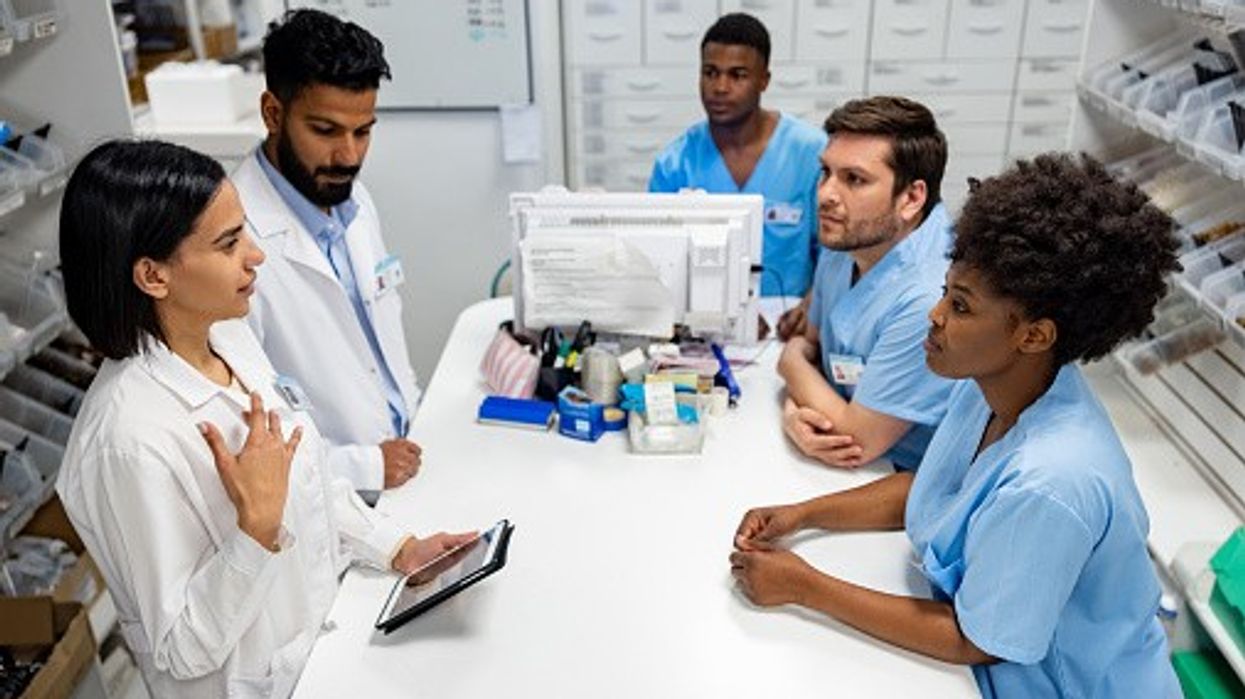RPS intends to create a Trustee Board to run the charity, which will also take on all legal and financial responsibilities.
The Royal Pharmaceutical Society (RPS) has published proposed changes to its Royal Charter, which include seeking to become a royal college, a charity, and create a wholly owned (limited) subsidiary for publishing activities.
In addition, RPS has announced that an all-member vote, which would lead to it becoming the Royal College of Pharmacy, will take place between Thursday 13 March and Monday 24 March 2025.
This follows an 18 month-long process and unanimous decision by its governing body, the Assembly, which agreed that RPS should move to a structure that “better supports its professional leadership activities and ambition.”
Draft proposals were shared in September 2024 and were further developed and finessed following a period of engagement and discussion with pharmacists and the wider pharmacy community through a series of roadshow events across GB and online over the last few months.
RPS said that the proposed changes have also undergone a rigorous legal process, and “this will continue.”
According to the Society, these changes reflect “a modernised corporate structure, typical of Royal Colleges, and will give RPS flexibility to lead the profession through a complex and quickly changing landscape.”
Announcing the proposed changes, RPS president Professor Claire Anderson said: “Following a period of intense engagement on our draft proposals and while continuing to follow the necessary legal processes, I’m delighted to have reached this milestone of sharing the proposed changes to our Royal Charter and more clearly setting out the path to become a royal college, ahead of an all-member vote.
She emphasised that the proposed Charter changes are designed to “empower RPS to deliver on its strategy and ambitions as the professional leadership body for pharmacy.”
“The modernised Charter will ensure we have the agility needed to represent and lead the profession through transformational change and into the future,” she added.
RPS chief executive Paul Bennett noted that these proposed changes will provide them with “a robust foundation to champion the profession, support our members and advance patient care.”
“Through them we are creating an organisation that is fit for the challenges of the 21st century, ensuring we remain at the forefront of innovation and professional leadership,” he said.
The proposed changes to RPS Royal Charter would result in the following changes to its governance:
- Under charity law, RPS must create a Trustee Board to run the charity, which will also take on all legal and financial responsibilities. These are currently the responsibility of the Assembly.
- The Assembly will retain its oversight on all professional matters, at a GB level. However, to recognise this shift in responsibility, the Assembly will be renamed Senate
- The role of the National Pharmacy Boards will remain largely unchanged and will remain responsible for policy and be elected by the membership. They will be, however, renamed National Councils to avoid confusion in naming with the Trustee Board.
The Trustee Board will initially consist of nine members, with a permitted range of three to twelve, with the majority drawn from the profession.
The Chair of the Trustee Board should have significant experience running a charity and therefore may not be a pharmacist: this role will be appointed.
Senate members will join the Trustee Board either by being elected to a specific position—such as President or one of the three Vice Presidents (formerly Board Chairs)—or through election by the Senate.
Under the proposed governance changes, the Assembly (Senate) will expand from 14 to 15 members.
The President will be elected by all National Board members rather than by the Assembly, and there will be no requirement for a Treasurer.













